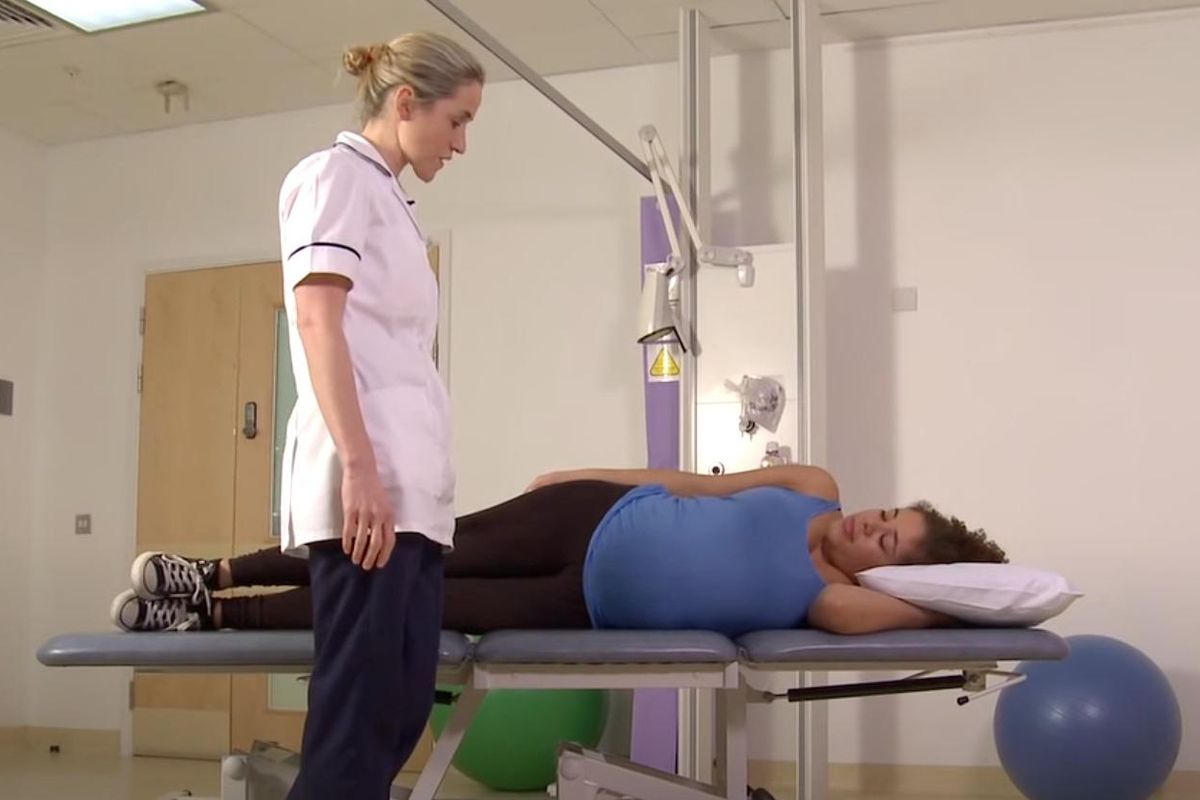Federal Appeals Court Rules Emergency Rooms Need Not Perform Lifesaving Abortions

By Eleanor Klibanoff
Federal regulations do not require emergency rooms to perform life-saving abortions if it would run afoul of state law, a federal appeals court ruled Tuesday.
After the overturn of Roe v. Wade in June 2022, the U.S. Department of Health and Human Services sent hospitals guidance, reminding them of their obligation to offer stabilizing care, including medically necessary abortions, under the Emergency Medical Treatment and Labor Act (EMTALA).
“When a state law prohibits abortion and does not include an exception for the life of the pregnant person — or draws the exception more narrowly than EMTALA’s emergency medical condition definition — that state law is preempted,” the guidance said.
Texas sued, saying this was tantamount to a “nationwide mandate that every hospital and emergency-room physician perform abortions.” Several anti-abortion medical associations joined the lawsuit as well.
Since summer 2022, all abortions have been banned in Texas, except to save the life of the pregnant patient. But doctors, and their patients with medically complex pregnancies, have struggled with implementing the medical exception, reportedly delaying or denying abortion care rather than risk up to life in prison and the loss of their license.
At a hearing in November, a lawyer for the U.S. Department of Justice said that while Texas law might not prohibit medically necessary abortions, the guidance was intended “to ensure that the care is offered when it is required under the statute.”
“Individuals [are] presenting to emergency rooms, suffering from these emergency medical conditions,” McKaye Neumeister said. “Right now, HHS can’t ensure that the hospitals are following their obligations in offering the care that’s required.”
In August 2022, a federal district judge in Lubbock agreed with Texas, saying this guidance amounted to a new interpretation of EMTALA and granting a temporary injunction that was later extended. The Fifth Circuit heard arguments in November, and the judges seemed prepared to uphold the injunction.
Judge Leslie Southwick said there were several “extraordinary things, it seems to me, about this guidance,” and said it seemed HHS was trying to use EMTALA to expand abortion access in Texas to include “broader categories of things, mental health or whatever else HHS would say an abortion is required for.”
Tuesday’s ruling, authored by Judge Kurt D. Engelhardt, said the court “decline[d] to expand the scope of EMTALA.”
“We agree with the district court that EMTALA does not provide an unqualified right for the pregnant mother to abort her child,” Englehardt wrote. “EMTALA does not mandate medical treatments, let alone abortion care, nor does it preempt Texas law.”
This article originally appeared in The Texas Tribune, a member-supported, nonpartisan newsroom informing and engaging Texans on state politics and policy. Learn more at texastribune.org.








